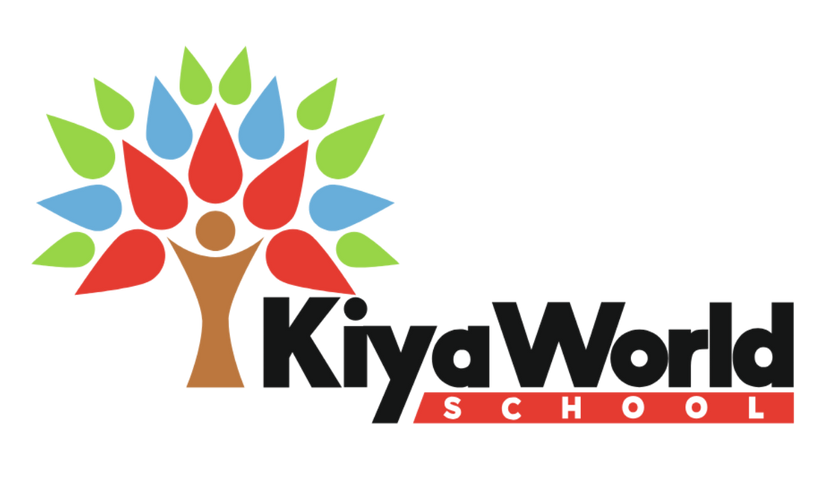Preschool Education: A Complete Guide for Early Childhood Development
At Kiya World School, we often remind parents of a simple truth — the early years are not just the beginning of education; they are the foundation of a child’s entire life. Between ages 1.5–6 years, children experience rapid brain development, emotional growth, and cognitive expansion. A well-designed preschool education program during these years can significantly influence how children think, feel, and learn in the future.
Why the Early Years Matter So Much
Nearly 90% of brain development happens before the age of six (UNICEF, 2023). This period shapes language, curiosity, emotional security, social understanding, and physical coordination.
A strong early childhood development environment ensures children build:
- Confidence and emotional resilience
- Early literacy and numeracy foundations
- Motor skills and sensory awareness
- Social skills including sharing, empathy, and cooperation
These early learning stages are crucial in the transition from home to structured schooling.
What a Strong Preschool Curriculum Should Include
A meaningful preschool curriculum goes beyond ABCs and numbers. It nurtures the whole child through a balance of structured learning and free exploration.
A high-quality preschool for ages 1.5–6 years should include:
- Language & Literacy: Storytelling, rhymes, phonics, expressive communication
- Numeracy: Patterns, quantities, counting through play
- Cognitive Skills: Puzzles, problem-solving activities, curiosity-driven learning
- Creative Arts: Music, movement, drawing, imaginative play
- Physical Development: Outdoor play, fine and gross motor activities
- Social-Emotional Learning: Turn-taking, self-regulation, empathy
At Kiya, our iSpectrum Early Years framework integrates these components through play-based, inquiry-driven learning—ensuring children explore with curiosity while feeling safe and supported.
Understanding Child Development Milestones (Ages 1.5–6)
Each age group progresses differently, but certain milestones are widely recognized:
Ages 1.5–3 Years
- Vocabulary growth and simple sentence formation
- Parallel play turning into interactive play
- Early problem-solving through trial and error
- Rapid physical coordination (running, jumping, stacking)
Ages 3–4 Years
- Improved attention span
- Early numeracy and storytelling
- Emotional expression and independence
- Creativity through pretend play
Ages 4–6 Years
- Logical thinking and structured learning readiness
- Stronger social relationships
- Pre-writing and reading skills emerging
- Understanding rules, routines, and responsibilities
Preschool programs must respect these stages instead of forcing one-size-fits-all progress.
Benefits of Preschool Education
Research shows that children who attend quality preschools are 40% more prepared for primary school in terms of academic readiness and emotional confidence (NIEER, 2022).
Key benefits of preschool include:
- Early exposure to diverse learning activities
- Strong emotional grounding
- Improved communication and social behavior
- Smoother transition to formal schooling
Kiya’s Early Years classrooms are designed as safe, sensory-rich spaces, allowing children to move, express, and explore freely — essential for this age group.
What Parents Should Look for in a Preschool
When choosing a preschool, consider:
- Child-first teaching philosophy
- Safe, well-designed learning environments
- Trained early childhood educators
- Balanced daily routines (play + structured learning)
- Clear communication between teachers and parents
A parent once shared during our orientation, “What we loved about Kiya was the balance — learning happens, but joy leads the way.”
Conclusion
Preschool education for ages 1.5–6 years is where lifelong learning truly begins. The right environment nurtures curiosity, builds emotional strength, and lays strong cognitive foundations. At Kiya World School, we aim to make these early years meaningful, joyful, and purposeful — because when the beginning is right, everything that follows grows beautifully.

